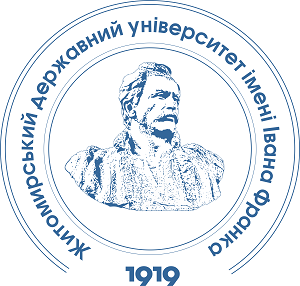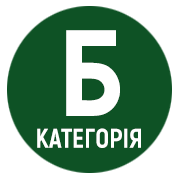THE IDENTITY OF THE VICTIM OF AN AUTHORITARIAN CULT (SECT)
DOI:
https://doi.org/10.32782/psy-2025-5-7Keywords:
authoritarian cult, sect, victim, psychological influence, social psychology, legal psychology, manipulation, dependence, leader, mental violenceAbstract
The article examines the socio-psychological and legal-psychological features of the formation and transformation of the personality of a victim of an authoritarian cult (sect). The relevance of the topic is due to the growing number of destructive cult organizations in modern society and their negative impact on the psyche, will and behavior of individuals. Particular attention is paid to the mechanisms of psychological influence used by cult leaders to subdue the individual, reduce critical thinking and form a total dependence on the cult. Authoritarian cults are usually characterized by the presence of a charismatic leader, a closed hierarchical structure, absolute loyalty to the leadership and isolation from the outside world. Individuals who fall victim to such organizations usually have certain psychological prerequisites: low self-esteem, need for support, inability to build autonomous social ties, trauma or crisis situations. The study analyzes the typical stages of involvement in a cult: initial contact, the stage of «love bombing», gradual change of beliefs due to group pressure and emotional manipulation, and the stage of complete psychological dependence. The legal aspects of protecting the rights of victims of cults are revealed: the problem of recognizing psychological influence as a form of violence, the difficulty of proving coercion and legal insanity due to long-term psychological pressure. It is designed to promote a deeper understanding of the psychological portrait of a cult victim and to stimulate interdisciplinary research in the fields of law, social and clinical psychology. The practical significance lies in the development of preventive measures, intervention strategies, and support for individuals who have been exposed to destructive cults.
References
Вісник Харківського національного університету імені В.Н. Каразіна. URL: https://periodicals.karazin.ua/thcphs/issue/download/1413/1902?utm_source=chatgpt.com
Sighele S. Psychologie Des Sectes (Philosophie). Hachette Livre Bnf, 2013. 353 р.
Титаренко Т. М. Психологічне здоров’я особистості: засоби самодопомоги в умовах тривалої травматизації : монографія. Кропивницький : Імекс-ЛТД, 2018. 160 c.
Langone M. D. Recovery from Cults: Help for Victims of Psychological and Spiritual Abuse. New York : W.W. Norton, 1993.
Morin E. Methode 1. La Nature de La Nature T. 1. Editions Du Seuil, 416 р.
Пивоварова Н. П. Характер релігійності в сучасному українському суспільстві як однієї з альтернатив соціальних ідентичностей. Наукові студії Львівського соціологічного форуму «Багатовимірні простори сучасних соціальних змін»»: зб. наук. праць. Львів : Видавничий центр Львівського національного університету імені Івана Франка, 2008. С. 346–352.
Карабчук О. Індивідуальна та колективна релігійність в сучасному українському суспільстві. Київ, 2018. URL: https://doi.org/10.15407/ukrainskyisocium2015.02.053






